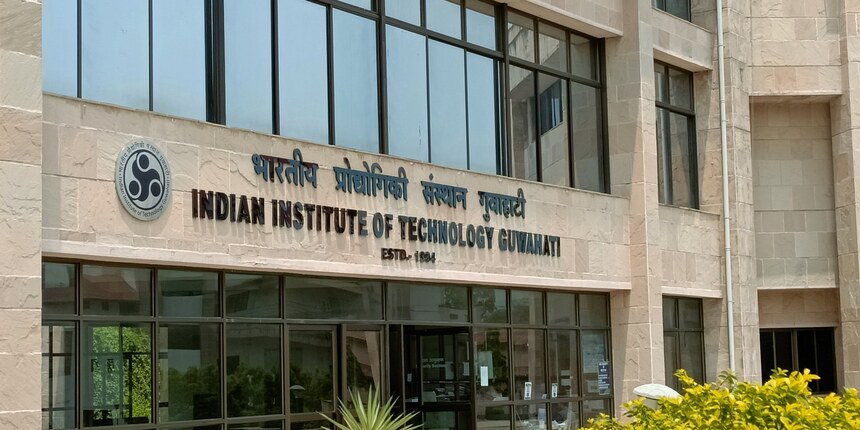IIT Guwahati researchers develop renewable, sustainable projects
Ishita Ranganath | February 2, 2023 | 04:59 PM IST | 2 mins read
In line with the themes of G20 Summit 2023, IITG researchers work on projects on renewable, sustainable under microalgae and biorefinery model.

NEW DELHI: The researchers at Indian Institute of Technology Guwahati (IITG), school of energy science and engineering, department of chemical engineering and bio science have been working on multiple projects in the renewable and sustainable energy field.
Aliging itself with the themes of the G20 Summit 2023 in India, IITG has been working towards enhanced energy security and lower risk of fuel spills. The major highlights of the research in this field at IIT Guwahati include-transforming residual microalgae/biomass into energy fuel and chemicals, integration of wastewater treatment and high-value biofuel production, producing bioalcohols from waste invasive weeds and efficiently producing liquid hydrocarbon oil.
Also Read | IIT Guwahati identifies research priorities contributing to green growth, sustainable development
Transforming residual microalgae/biomass into energy fuel and chemicals
IITG, school of energy science and engineering, head, department of chemical engineering, Vaibhav V Goud along with his research team develop a strategy to transform residual microalgae/biomass into energy fuel and chemicals. As per the findings of the research study, the combined use of residual microalgae and biomass helps in energy recovery and provides a sustainable approach for microalgae-based biorefinery to produce energy fuels and chemicals.
Integration of wastewater treatment and high-value biofuel production
Department of chemical engineering, adjunct faculty, Kaustubha Mohanty and his research team develop an advanced microalgal biorefinery model that integrates wastewater treatment and high-value biofuel production via hydrothermal liquefaction (HTL) where domestic sewage sludge and microalgal biomass are used as co-feedstock.
The research team for this project included scientists from IIT Kharagpur, CSIR-IICT Hyderabad and Technical University Denmark. Currently, the team is working on pilot-scale demonstrations of advanced microalgal biorefinery processes to generate biocrude.
Also Read | IIT Roorkee researchers develop sustainable technologies to tackle plastic, e-waste
Producing bioalcohols from waste invasive weeds
Department of chemical engineering, adjunct faculty, VS Moholkar and his team developed a lab-scale technique to produce bioalcohols such as bioethanol and biobutanol from waste invasive weeds available in north-east India. The group found a method for sonic fermentation to synthesise bioalcohols from mixed weeds. This is faster from the current conventional method and gives higher yields.
Elaborating the research study, Moholkar said: "India has mandate of achieving 10% ethanol blends with petrol. Our know-how has not only provided a viable solution for achieving energy security but has also demonstrated the concept of control through utilisation for the invasive weeds, which cause severe damage to terrestrial and aquatic ecosystems."
Efficient production of liquid hydrocarbon oil
Department of bio engineering and bio science, associated faculty, Debasish Das and his research team collaborated with Oil and Natural Gas Corporation (ONGC) to demonstrate a pilot-scale technology for production of liquid hydrocarbon oil ALGLIQOL. This has potential to be used as as transportation fuel throughhydrothermal liquification (HTL) of microalgae biomass grown on Co2 .
Follow us for the latest education news on colleges and universities, admission, courses, exams, research, education policies, study abroad and more..
To get in touch, write to us at news@careers360.com.